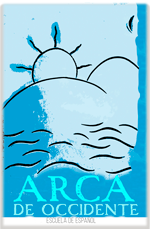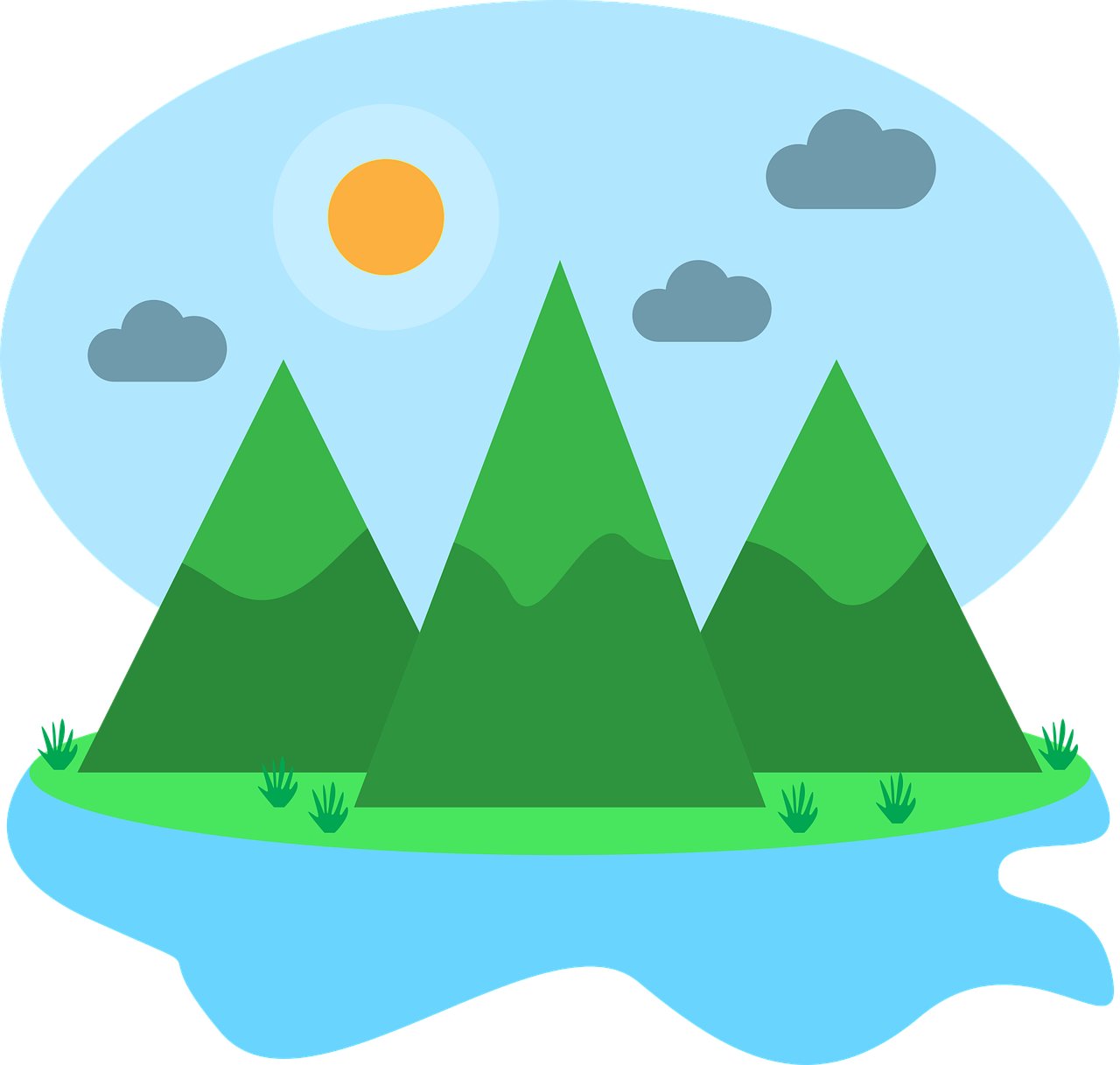
Plus Course
Complementary Courses
ENJOY
These courses are complementary with the program of the Individual Spanish Courses. They are designed to satisfy each student’s interest in exploring aspects of Spanish culture: culture and civilization, cooking, anthropology and routes, literature, sports.
PLUS COURSES
- NUMBER OF STUDENTS: 1 student
- LEVEL: B1-C1.
- STARTING DATE: any day of the week
- CLASSES PER WEEK: 5
- LESSON LENGTH: 50 minutes
- COURSE LENGTH: flexible
PRICES
- 5 hours per week
- € 50 per hour
- € 250 per week
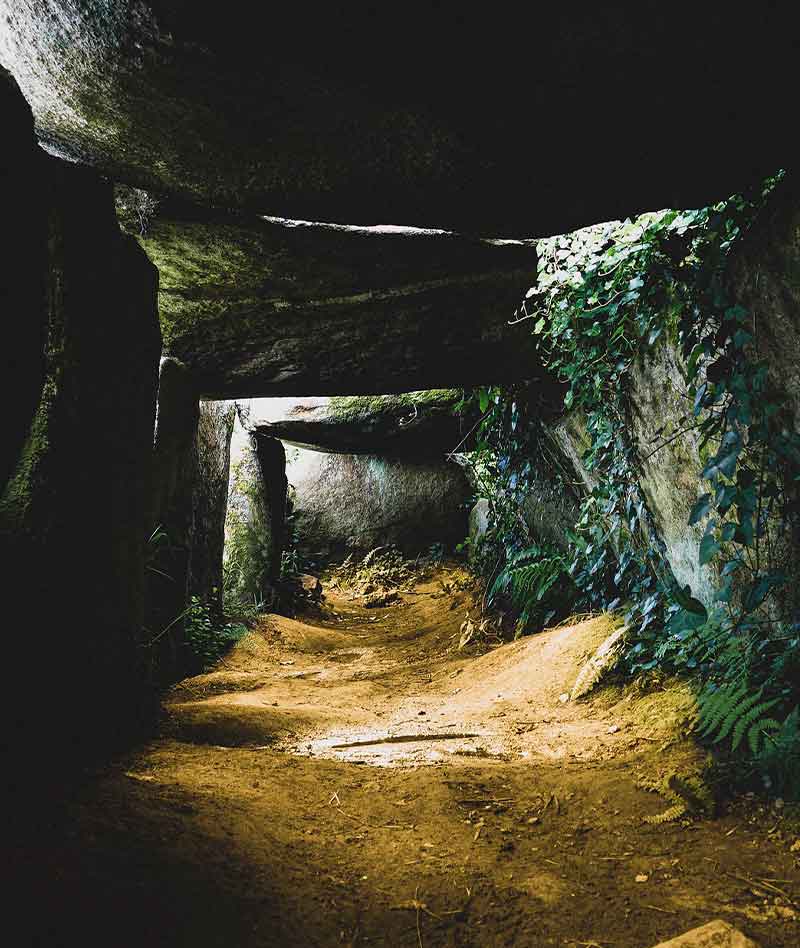
Spanish Culture and
Civilization Course
Spanish CIVILIZATION
This is a course where general aspects of the History of Spain are studied: its origins, its cultural and scientific contributions to humanity.
Cultural productions are studied throughout history (Romanesque, Gothic, Baroque) up to the present day (Modernism and Functional): architecture (Herrera, Gaudí, Moneo), painting (Greco, Velázquez, Goya, Dalí, Miró), sculpture (maestro Mateo, polychromatic sculpture of Easter processions, Chillida), cinema (Buñuel, Saura, Almodóvar), classical music (Victoria, Falla, Granados), pop music (Mecano, Movida madrileña), Galician folklore (Galician bagpipe).
Special attention to specific topics: Way of St James, Franco’s Dictatorship, Transición española, Movida madrileña.
Special emphasis on Galician Culture: prehistory, petroglyphs, dolmens, Galician antropology, culture of death in the Middle Ages, and the Way of St James.
Includes two options:
- Visit to the two churches of the town: church of the Deán (14th Century), church of the Caramiñal (15th-16th Centuries). These churches are real jewels of the gothic and baroque.
- Visit to the route of petroglyphs and dolmens in the mountains of Barbanza.
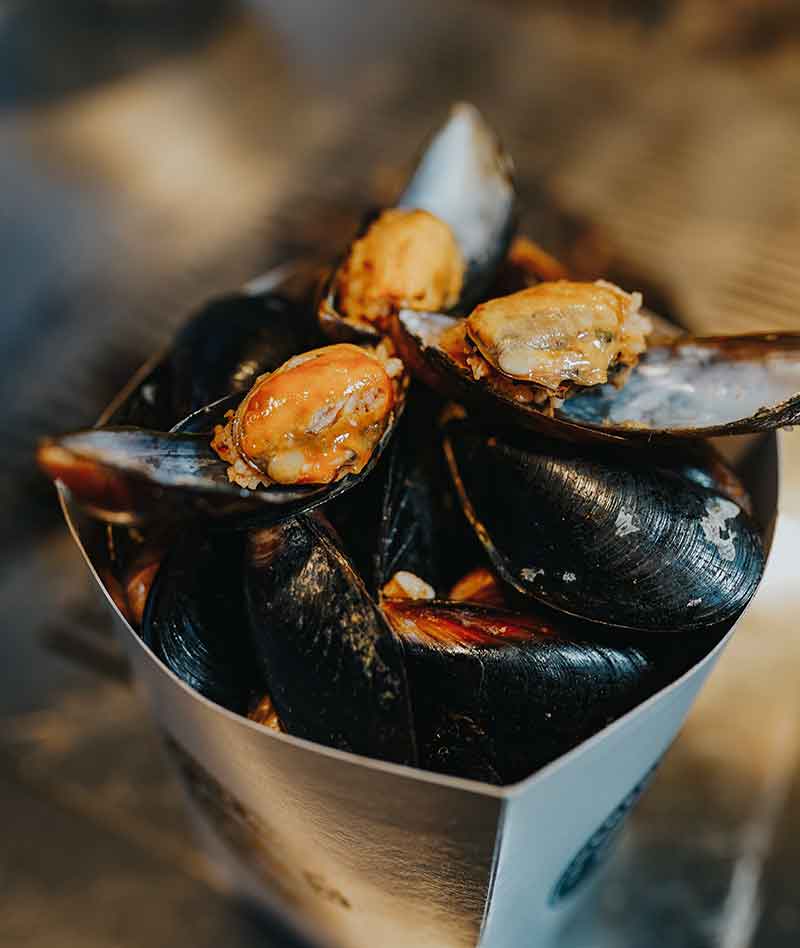
Spanish and Galician
Cooking Course
Dishes and Techniques
This is a course devoted to practice dishes and culinary techniques of Spanish cuisine. Since we are in Galicia and in an essentially seafaring town, there will be much more practice in Galician dishes related to seafood and fish.
- We will explore dishes, ingredients and techniques of the Mediterranean Diet. Dishes such aspaella, tortilla de patatas, croquettes, pork churrasco ribs, chocolate con churros. Basic ingredients of Spanish cuisine such as extra virgin olive oil, paprika, garlic and parsley, typical spices (oregano, saffron). Techniques such as meat stewing, rice cooking, fried and battered, croquette béchamel, grilled meat (pork churrasco), etc.
- We will cook typical Galician dishes such as Galician octopus, seafood (mussels, razor clams, clams), cuttlefish in its ink, black rice with cuttlefish in its ink, Galician empanada and Padrón peppers.
- We will study step by step the whole process of cultivation, exploitation and sale of seafood in the Ría de Arousa where we are located.
Includes three options:
- Visit to the beaches of the area where fisherwomen are “marisqueando” (catching seafood). We will see their fishing techniques, tools and implements.
- Visit to the local market where the fishmongers will explain the variety of seafood and fish from this area.
- Visit to the Ribeira fish auctions market, which is the largest inshore fish market in Europe.
Surf
Spanish Literature
Spanish Writers
This course is an introduction to the great contributions of Spanish writers to the universal literary canon: Cervantes, San Juan de la Cruz, Unamuno and Lorca.
We will read and study the greatest exponents of medieval literature (XII-XV), Golden Age (XVI-XVII), modern times (XIX and XX).
It is a course where reading and analysis of texts is a priority.
Special attention deserves the study of the modern novel from the perspective of one of its creators: Cervantesand Don Quixote.
As for poetry, a special study will be made of the mystical poetry of St. John of the Cross, especially the analysis of its spiritual symbolism.
The importance of surrealism in the creation of Federico García Lorca’s images will be studied.
Valle-Inclán. We are in the town where Ramón María del Valle Inclán lived and wrote most of his works. A work where Galicia and its magic are the protagonists.
Includes: Visit to the Valle-Inclán Museum and the palaces where he lived.
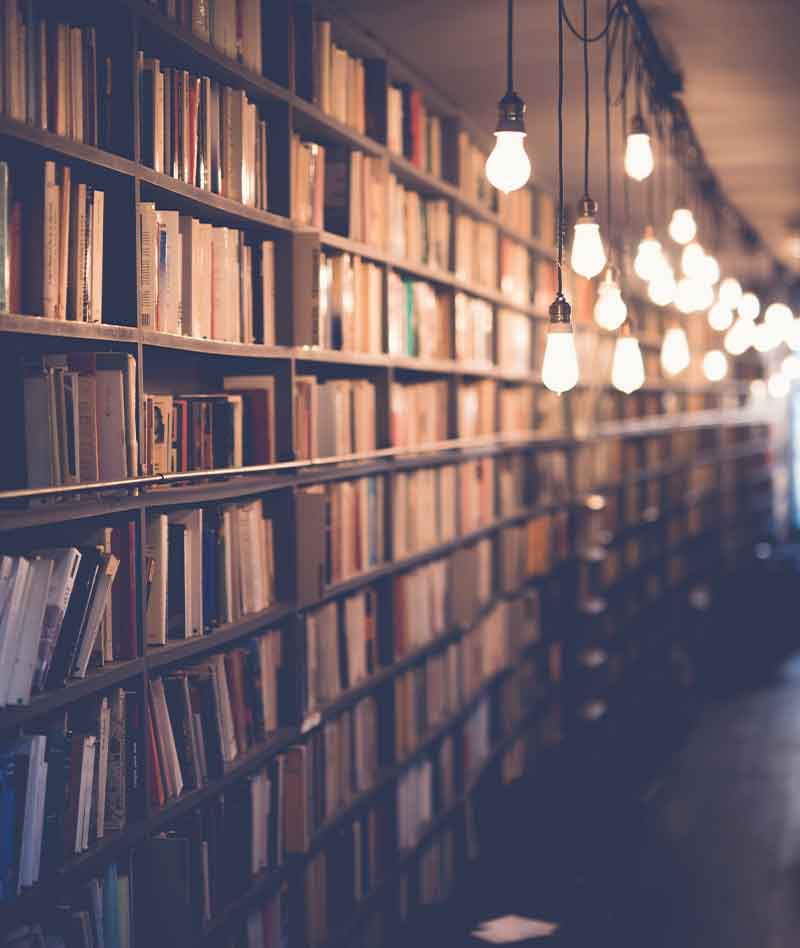
Surf
Lessons
Natural Envairoment
The beaches of the Barbanza peninsula (Corrubedo, Ribeira and Porto do Son), are well known by surfers. They are beaches that retain their natural and wild character, with clean water, and are not overcrowded. They are ideal for surfing and for surf courses at different levels of difficulty.
The lessons consist of the following:
Initiation in shallower waters, to gradually, as learning progresses, go to deeper parts and with more waves.
Learning postures: standing up, catching waves. Taking advantage of the point break. Locating currents. Duck dives.
The course includes the necessary official permits to use state coasts, accident insurance and civil liability insurance.
And it is carried out by qualified teachers.

